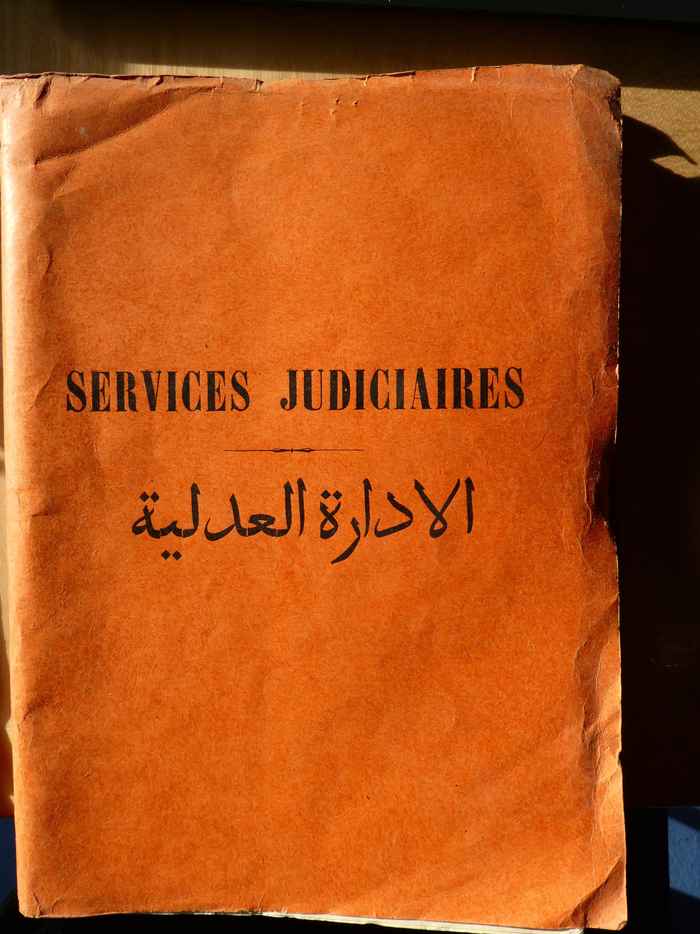International conference on Law, Empire, and Gender in Muslim Societies
- Start date
- 19 December 2024
- End date
- 20 December 2024
- Time
- 10:00
- Location
- University Library
- Room
- Belle van Zuylenzaal

Imperialism has had an important impact on gender relations and law in the Muslim world. The interdiction of homosexuality in British India and the ban on interreligious marriage in the Dutch East-Indies are only two examples of the imperial footprint on gender laws. This suggests that contemporary gender-coded laws in Muslim-majority countries cannot be understood without studying the legislation issued by the imperial powers.
This conference brings together scholars working on colonial gender laws in Muslim contexts. Topics covered by the papers include prostitution, homosexuality, child marriage, divorce, adultery, women's legal capacity, building regulations, prisons, inheritance and waqf in territories ranging from what is now Morocco, Tunisia, Mali, Egypt, Palestine, Israel, Turkey and Cyprus to Zanzibar, India, Singapore, Malaysia and Cyprus. Participants are Moussa Abou Ramadan, Zubair Abbasi, Rochisha Narayan, Stephen Pierce, Christina Wu, Dien Min Loong, Tachfine Baida, Hakan Karpuzcu, Haluk Bayram, Wallace Teska, Marisa Natale and Alaa El-Shafei. Sanne Ravensbergen and Ari Schriber will act as discussants.
